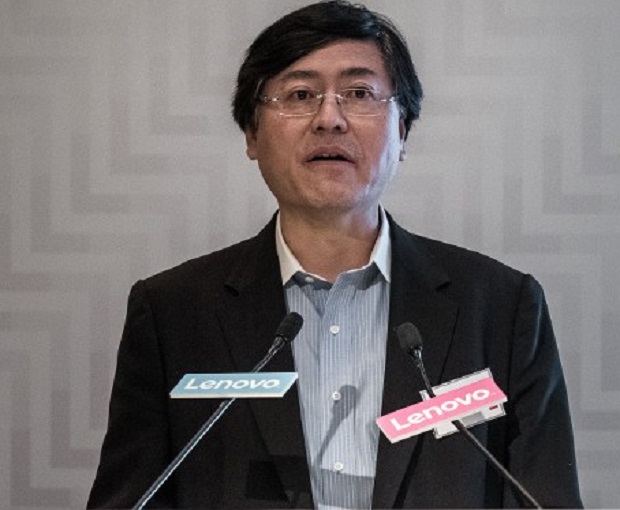Chinese computer giant Lenovo said Thursday it would cut more than 3,000 jobs as net profit for its first quarter fell by more than 50 percent.
The world’s biggest personal computer maker also saw revenues miss analysts’ forecasts in what chairman and CEO Yuanqing Yang described as the “toughest market environment in recent years.”
Net profit dropped 51 percent to $105 million for the first three months to June 30—which the firm takes as its first quarter—compared to $214 million for the same period last year.
Pre-tax profit for the first quarter also plunged by 80 percent.
Revenue grew three percent to $10.7 billion, but fell short of Bloomberg analysts’ average estimates of $11.5 billion.
In a statement to the Hong Kong stock exchange, Lenovo said it would seek to slash costs by $1.35 billion annually and cut 3,200 staff from its non-manufacturing workforce—around five percent of its worldwide headcount.
It would also restructure its mobile business.
“In the face of financial results that did not meet expectations, Lenovo is undertaking broad, decisive actions—including better aligning its businesses and significantly reducing costs,” the firm said in a statement.
Lenovo shares traded in Hong Kong were down almost seven percent in morning trade at HK$7.88 (US$1.02).
Lenovo has suffered from a decline in global demand for PCs, which account for around a third of its revenue despite its efforts to diversify into other sectors, including the smartphone market.
Revenue from its PC business was down 13 percent year-on-year, while the mobile sector—combining Lenovo and Motorola—was up by 33 percent.
“In the smartphone business, our strategic shift from China to the rest of world has paid off,” Yang said.
But moving towards mobile has presented challenges for the company as demand weakens in China in the face of increased competition from affordable domestic brands.
Lenovo said its share in the worldwide smartphone market had slipped 0.5 percent in the first quarter, “affected by softer demand and severe competition in the China smartphone market.”
It also cited challenges in Brazil and Latin America as slowing momentum for Motorola’s business growth.
Lenovo bought Motorola from Google for $2.9 billion last October, soon after its purchase of IBM’s low-end server business as part of its strategy of broadening beyond PCs.
